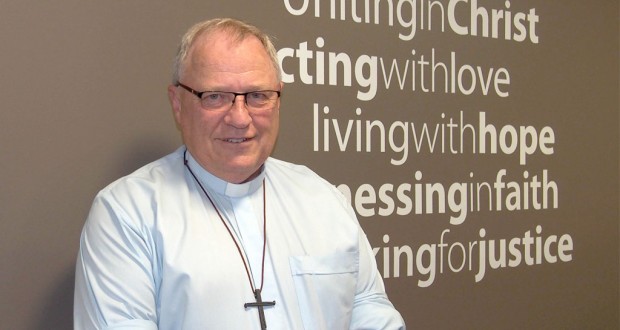The royal commission into banking exposes again, like the royal commission into unions, and the royal commission into institutional responses to child sexual abuse, the propensity of organisations to devolve to self-protection and self-serving behaviour.
I wonder when the royal commission into the media will happen. A royal commission into political parties wouldn’t be a bad idea either.
In “The Way we Civilise” by Rosalind Kidd, Kidd examined the trajectory of the Queensland Government’s dealing with the First Peoples. She used the conceptual tools of the French scholar Michel Foucault, who theorised that governments are plagued by “congenital failure” in their capacity to deal with reformative intentions. Again, it was the story of an entity, the Department of Aboriginal and Islander Affairs, which evolved to exploit the very people it was established to care for.
I’m of an age when many institutions of society held large deposits of trust from society; they operated with this license, and were trusted to be good stewards of authority to act, not only in the interests of their organisation, but also for the common good.
It is that stewardship “for the common good” that has suffered the most over the past 50 years.
The plight of these institutions, including ours, calls to mind the interaction between a young lawyer and a Galilean rabbi 2000 years ago. In a discussion about the requirements of God on us, and the call to love God, and to love our neighbour as we love ourselves. When the lawyer asked the rabbi, “who is my neighbour”, the rabbi responded with a story now remembered as “The Good Samaritan”; a story about being a neighbour.
For the market economy, government institutions, the not for profit sector, is not exempt from this rule.
The only journey back for institutions to build their social license is the same as for individuals who break trust; to “bear fruit worthy of repentance”.
It is to accept that any enterprise – private, governmental, non-governmental- only operates successfully when it respects the entities with whom it engages and operates faithfully in relations; that “trust” is in the end the fundamental currency.
The churches have to be a part of not only rebuilding their trusted place; we have to be a part of rebuilding the value of being neighbourly – acting to enhance the common good – into our society.
We cannot do this by ourselves, we need partners in the other spheres of our society to collaborate with. They are there; it is for us to be ready to work with them. A better future asks that of us.
 JourneyOnline
JourneyOnline







